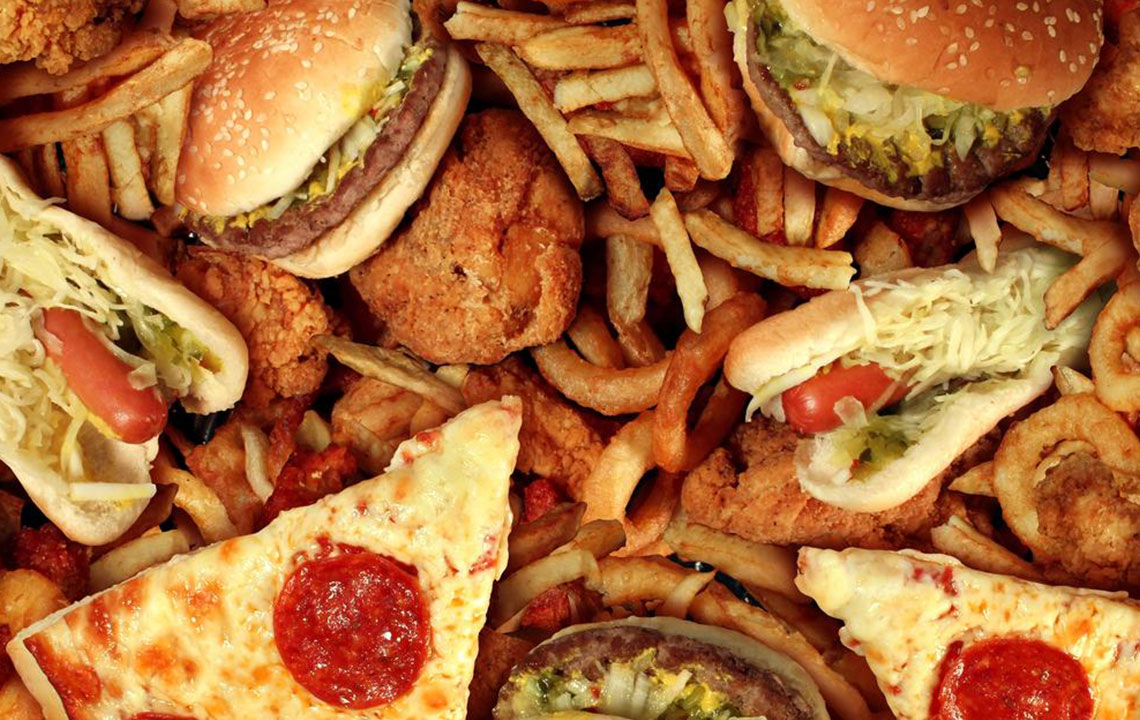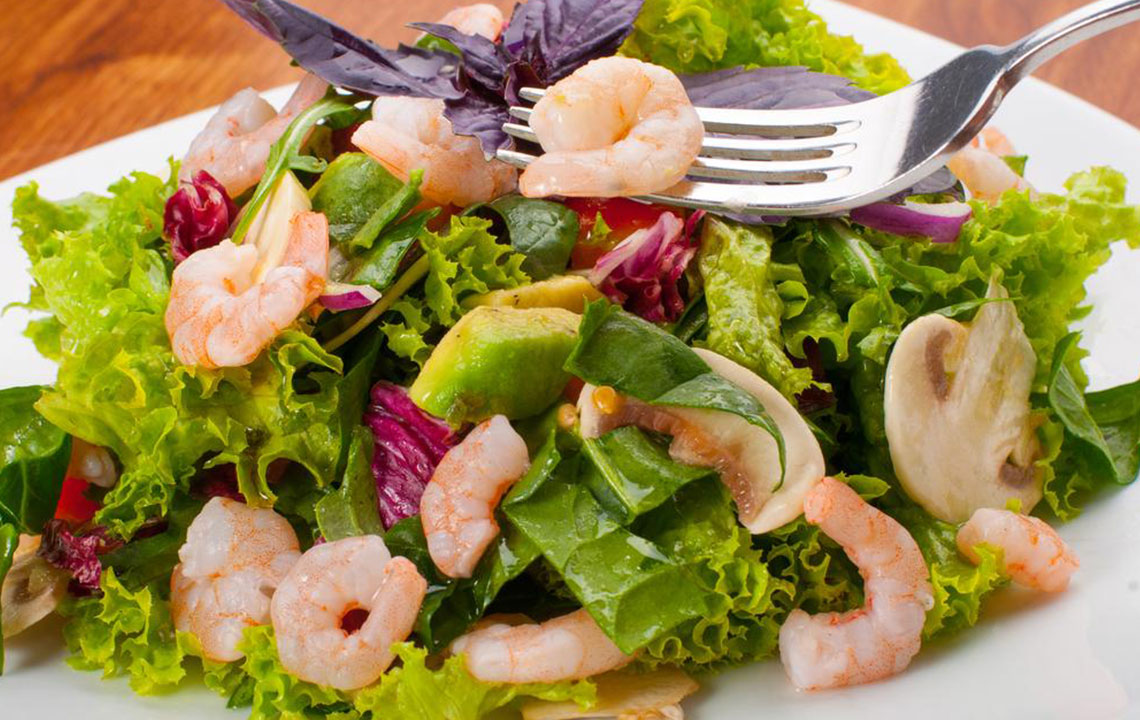Effective Dietary Strategies to Prevent Acid Reflux Recurrences
Discover effective dietary approaches to prevent acid reflux rebounds. Learn about common triggers and discover soothing foods that can help manage symptoms. Implementing these dietary tips can improve your digestive health and reduce discomfort caused by acid reflux. Always consult a healthcare professional for persistent issues.

Effective Dietary Strategies to Prevent Acid Reflux Recurrences
Acid reflux occurs when stomach contents flow back into the esophagus, causing a burning sensation commonly known as heartburn. This condition results from stomach acid irritating the lining of the esophagus, especially when episodes are frequent or persistent. While occasional reflux is common, chronic cases may develop into gastroesophageal reflux disease (GERD), which can damage the esophageal lining if left unmanaged. Consulting a healthcare professional is advisable if symptoms persist or worsen.
Common Symptoms of Acid Reflux
Burning pain behind the chest (heartburn) that can extend to the throat
Bitter or acidic taste rising into the mouth or throat (regurgitation)
Additional Signs May Include:
Swelling in the throat or face
Excessive burping
Difficulty swallowing or feeling of food stuck in the throat
Persistent hiccups
Nausea and unexplained weight loss
Dry cough, hoarseness, or sore throat
Foods to Limit or Avoid to Reduce Reflux
Sugary and Carbonated Drinks
Carbonated beverages like soda increase stomach pressure due to bubbles, promoting reflux. Caffeinated and acidic sodas, such as cola and diet varieties, are particularly problematic. Eliminating these drinks can help control symptoms.
Fried and Fatty Foods
Fried dishes, especially those rich in oil and fats, are major triggers for reflux. Fast food, greasy snacks, and fried rice should be consumed sparingly or avoided altogether.
Alcoholic Beverages
Beer, wine, and spirits can relax the lower esophageal sphincter, making reflux more likely. If you choose to indulge, moderation is key, and avoid mixing with acidic drinks like orange juice or sodas.
Dairy High in Fat
Cheese, cream, and full-fat dairy products may exacerbate reflux. Opt for low-fat or fat-free options and consume in small quantities.
Cuts of Fatty Meat
Meats such as beef, pork, and lamb with high fat content should be limited to reduce reflux risk. Aim for leaner cuts and moderate portion sizes.
Caffeinated Drinks
Coffee and strong tea can trigger reflux, especially when consumed in excess. Herbal teas like chamomile or green tea in moderation may serve as good alternatives.
Recommended Foods to Soothe Acid Reflux
Ginger
Known for its anti-inflammatory properties, ginger can help reduce reflux. Making ginger tea from fresh slices is a soothing option, but avoid ginger beer or sweetened forms that may worsen symptoms.
Bananas
Due to their alkaline nature, bananas can neutralize stomach acid and help alleviate heartburn. Include them regularly in your diet.
Yogurt
Creamy and cooling, plain, sugar-free yogurt supports digestion and may lessen reflux. Choose low-fat or non-fat varieties for optimal benefits.
Melons
Fruits like watermelon and cantaloupe are low-acid, making them suitable for reflux-friendly diets. Incorporate them into smoothies or snacks.
Green Vegetables
Asparagus, spinach, cabbage, and Brussels sprouts are high in alkalinity and support digestive health. Add them to meals regularly.
Chewing Gum
Chewing gum stimulates saliva production, which helps neutralize stomach acid. Avoid mint flavors, as they may relax the esophageal muscles.
Managing your diet and portion sizes plays a crucial role in controlling acid reflux. Identifying and avoiding trigger foods, while incorporating soothing options, can improve quality of life and prevent recurrences.










